
A staff member works on the production line of a semiconductor manufacturer in Binzhou, Shandong province. (Photo by Chu Baorui/For China Daily)
China is expected to further improve the business climate, unleashing more market vitality and adding resilience to the economy, and thereby propelling high-quality development, analysts and business leaders said on Sunday.
The country will further deepen reforms to streamline administration and delegate power, improve regulation and upgrade services to create a market-oriented, law-based and internationalized business environment, they said.
"A sound business environment with a level playing field enables market entities to trust each other and leverage their respective advantages to effectively allocate resources and make the most of production factors," said Zhou Mi, a senior researcher at the Chinese Academy of International Trade and Economic Cooperation.
"As enterprises currently face more uncertainties amid the impact of the COVID-19 pandemic, it is especially important to establish a market environment that facilitates cooperation rather than encourages distrust," he added.
At a news conference after the fifth session of the 13th National People's Congress, which concluded on Friday in Beijing, Premier Li Keqiang said that when there are good reform measures, a sound business climate and many market entities-as there are in many places in China-there will be greater prospects for economic development.
Reforming government functions is like improving the soil for the growth of market entities, policies of tax reductions are like adding fertilizers and water, and the initiative of mass entrepreneurship and innovation helps market entities to take root and grow, he said.
According to Zhou, China should intensify reform efforts to provide a more predictable business environment with transparent and accurate information so enterprises can make well-informed and more productive decisions.
That will eventually help reduce the enterprises' costs and improve market resources allocation and utilization, to enhance the quality of overall economic development, he said.
He also said that to raise the efficiency of the Chinese economy, the government should take more measures to encourage innovation so more advanced technologies will be better applied in businesses' production and operations, and that innovative business models and formats will take form and grow.
Zheng Lei, vice-president of the Hong Kong International New Economics Research Institute, said to improve the business environment, it is important for the government to streamline administration and delegate power, and, most importantly, to adopt a mindset of "serving and regulating" enterprises rather than "managing" them.
Hiroshi Hamaguchi, chairman and president of Astellas China, said he thinks China will continue to introduce new measures that ensure a more transparent and favorable market environment for foreign companies.
In November, Astellas invested in a corporate structure upgrade in China to synergize its long-term development in China.
Rogier Janssens, managing director and general manager of Merck China Healthcare, said he looks forward to China adopting more measures to facilitate an even more favorable and open business environment. Merck fully intends to continue to invest in China, he said.
Premier Li Keqiang said in Friday's news conference that there are now 150 million market entities in China, 100 million more than 10 years ago. Most of these market entities are privately held firms and some 100 million are self-employed households.
China has either canceled or delegated to lower-level authorities some 1,000 administrative approval items, and the non-administrative approval requirement has become a thing of the past.
In the past, it took dozens, even up to 100 days to open a business in China, but it now takes four days, on average, and even just one day in some places. About 90 percent of government services can be accessed online or through cellphone apps.










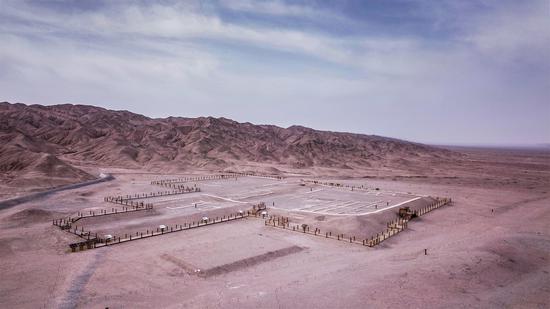
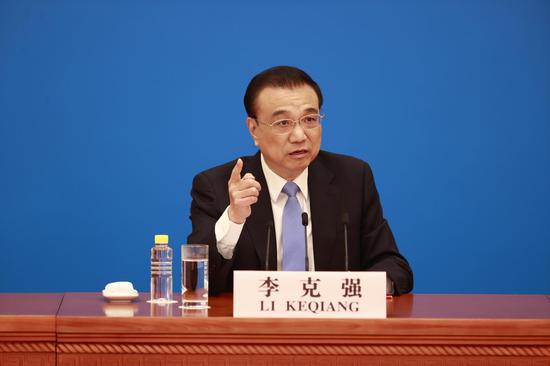

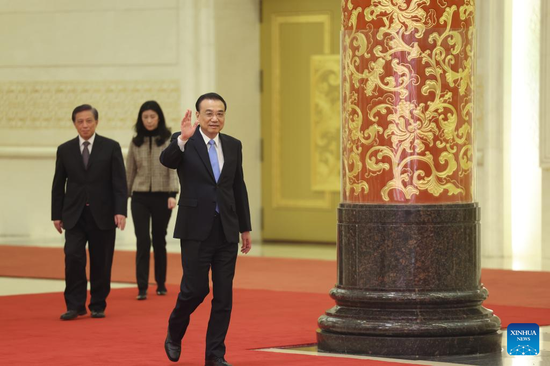

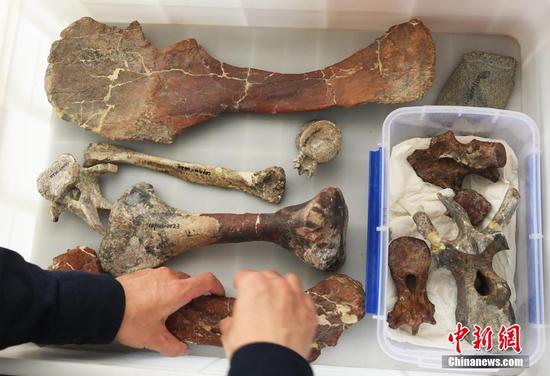
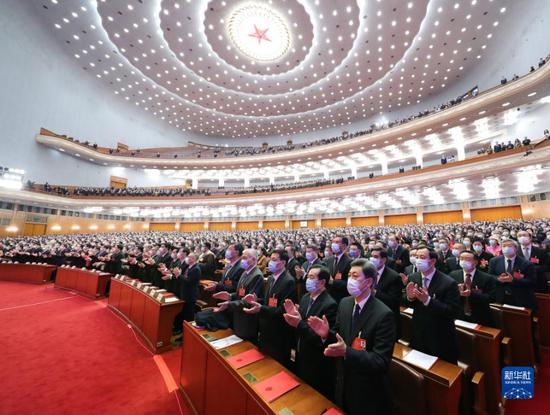

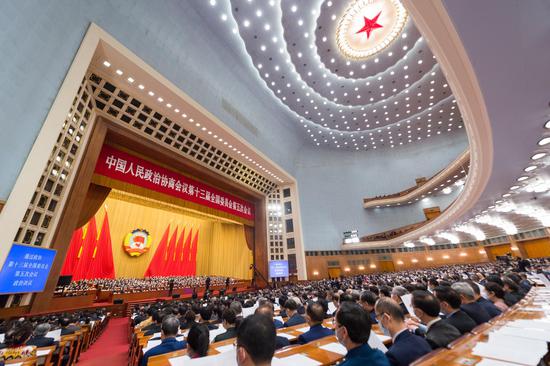


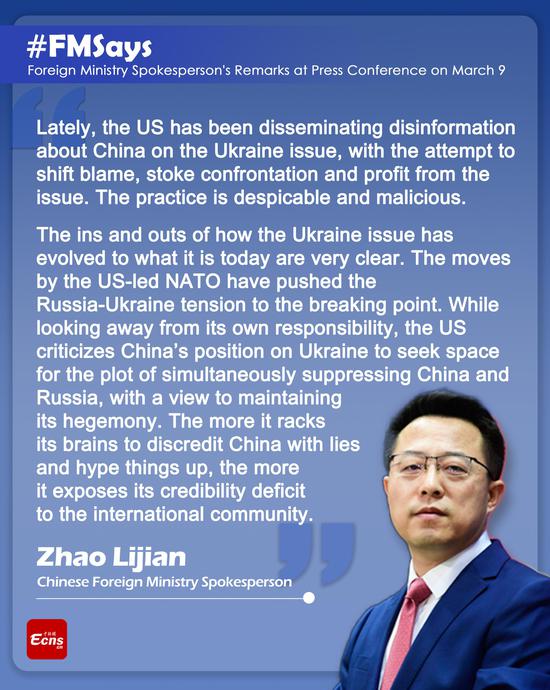
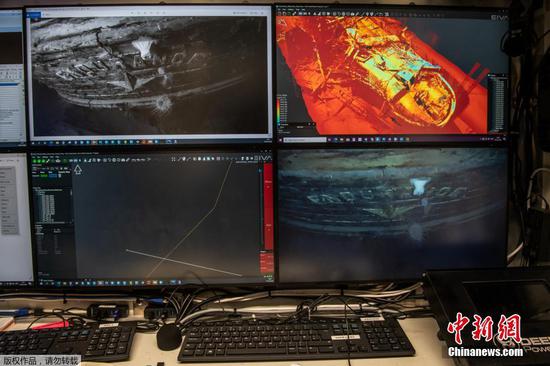




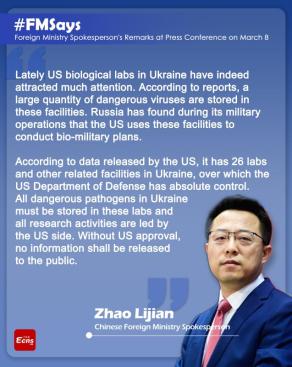
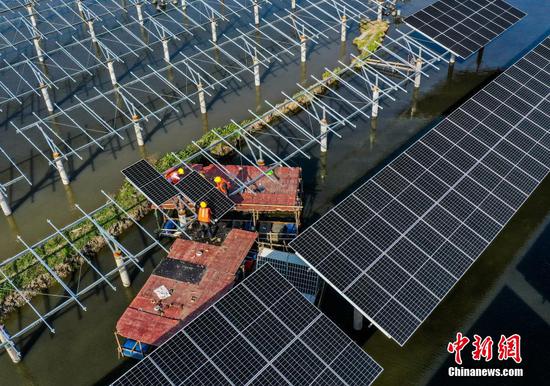






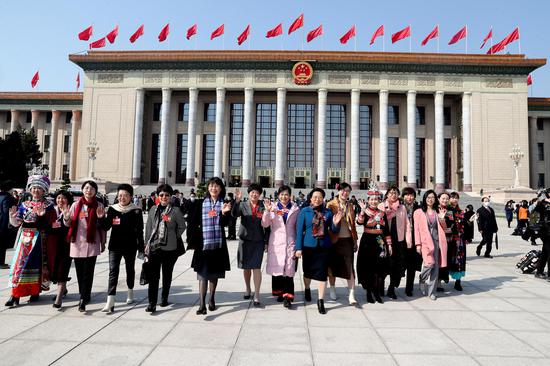

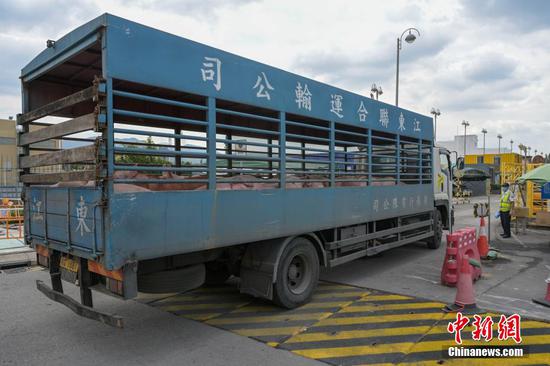



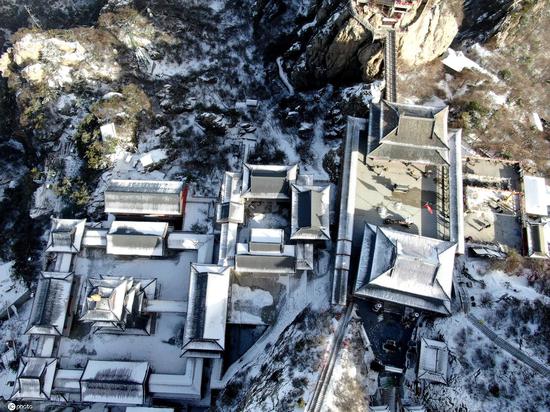


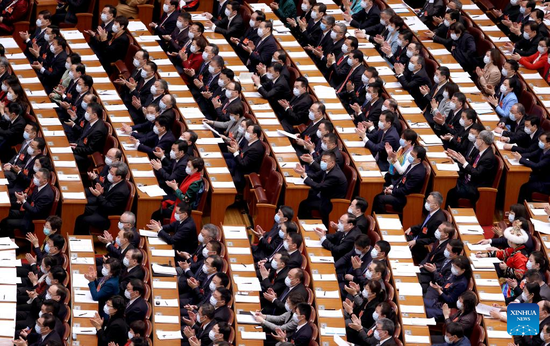





 京公網安備 11010202009201號
京公網安備 11010202009201號